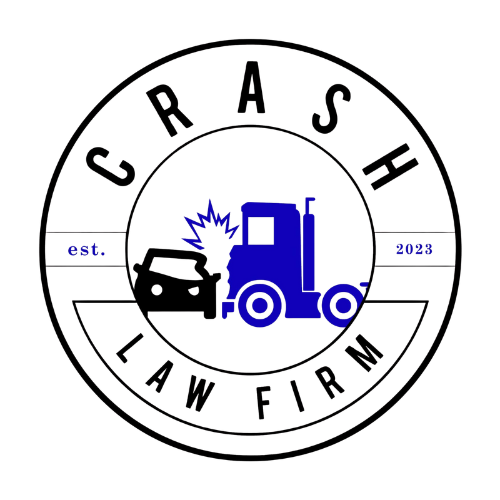Understanding Texas Auto Insurance After a Car Crash
If you’ve ever been in a car crash in Texas, you’ve probably found yourself in the maze of auto insurance claims. Suddenly, you’re juggling adjusters, medical bills, repair estimates, and confusing legal language.
Insurance companies are supposed to protect you — but their goal is to limit payouts, not maximize your recovery.
At Crash Law Firm, we’ve seen insurers minimize claims and pressure victims into accepting far less than they deserve. This post breaks down how Texas auto insurance works after a crash, so you can protect yourself and your claim.
1. Understanding the Main Types of Texas Auto Insurance Coverage
Texas law requires drivers to carry minimum liability insurance, but that’s just one piece of the puzzle.
Here are the most common types of coverage:
-
Liability Coverage – Covers injuries and property damage you cause to others.
-
Uninsured/Underinsured Motorist (UM/UIM) – Protects you if the other driver has no insurance or not enough coverage.
-
Personal Injury Protection (PIP) – Pays for your medical bills and some lost income regardless of fault.
-
Medical Payments (MedPay) – Similar to PIP but with some differences in coverage.
-
Collision Coverage – Pays for damage to your own vehicle from a crash.
-
Comprehensive Coverage – Covers non-crash damage (theft, fire, weather, etc.).
2. Texas Minimum Liability Limits Are Often Not Enough
Texas drivers must carry at least $30,000/$60,000/$25,000 coverage (per person / per accident / property damage).
But here’s the reality:
-
A hospital visit can exceed $30,000 in a single day.
-
A serious crash can involve multiple injured people.
-
If the at-fault driver has only minimum coverage, your damages may far exceed their policy.
That’s why UM/UIM coverage is so valuable — it can protect you from being stuck with unpaid bills.
3. How the Insurance Claims Process Works
Once you report the crash:
-
An insurance adjuster investigates. They’ll review the police report, talk to drivers and witnesses, and evaluate vehicle damage.
-
They may try to get a recorded statement from you. This can be used against you.
-
They often make an early “lowball” settlement offer to close the claim fast.
Pro Tip: Never accept a settlement before you know the full extent of your injuries and costs. Many injuries take time to develop, and medical bills pile up over weeks or months.
4. When a Lawsuit May Be Necessary
Sometimes, insurance just isn’t enough. A lawsuit may be needed if:
-
Your damages exceed the insurance policy limits.
-
The insurer denies or undervalues your claim.
-
There’s a dispute over who’s at fault.
-
There are long-term or permanent injuries.
An experienced lawyer can take your case to court, fight for full compensation, and hold the at-fault party accountable.
5. How Crash Law Firm Protects You
At Crash Law Firm, we:
-
Review your insurance coverage line by line.
-
Communicate directly with adjusters so you don’t have to.
-
Negotiate aggressively to secure full and fair settlements.
-
File lawsuits when insurers don’t play fair.
We don’t charge anything upfront — we only get paid if you win.
Conclusion: Don’t Let Insurers Take Advantage of You
Insurance companies have teams of lawyers protecting their bottom line. You deserve someone protecting yours.
If you’ve been injured in a crash in South Texas, Crash Law Firm is ready to help.
📞 Call today at 956.307.9696 or visit aftermycrash.com

